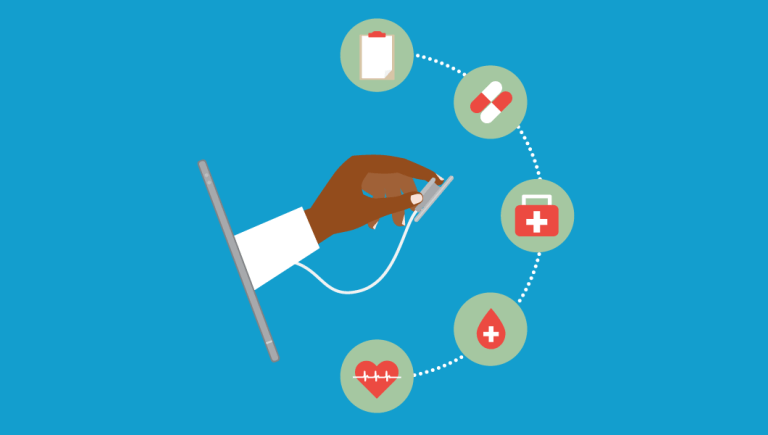All Insights
Exploring the science, practice, and business of medicine.
Exploring the science, practice, and business of medicine.
Showing 10 out of 508 Insights
Narrative learning theory is explored in this Harvard Macy Institute blog post.
The benefits of interprofessionalism in health care is explored in this Harvard Macy Institute blog post.
MedEdPearls February 2019: While content is always a priority, how can you incorporate instructor talk into your medical and health professions courses?
Ateev Mehrotra, MD, MPH, associate professor of healthcare policy at Harvard Medical School discusses striking growth and potential savings in telehealth.

MedEdPearls January 2019: Consider setting intentions to guide your goals and personal growth—what do you want to become, and how can reflecting on your inner self help you achieve your goals?
MedEdPearls December 2018: This MedEdPearls highlights the problem-solving workshop facilitated by Linda Love, Gary Beck Dallaghan, Carrie Bowler, Shanu Gupta, Larry Hurtubise, Kari Simonsen, Jessica Snowden, and David Way at The Generalists in Medical Education.
Model emergency rooms are explored in this Harvard Macy Institute blog post.
Exploring Blockchain's potential use in healthcare is explored in this Harvard Macy Institute blog post.
MedEdPearls November 2018: What strategies might you use to address gaps in clinical reasoning?
In this Harvard Macy Institute blog post staying up to date education is discussed.